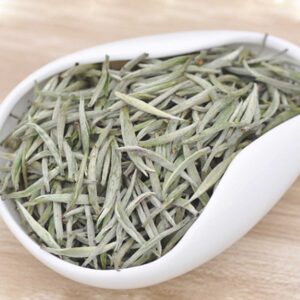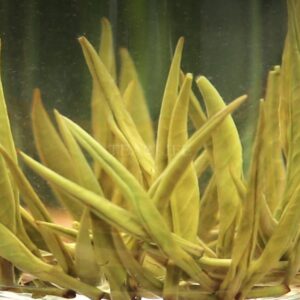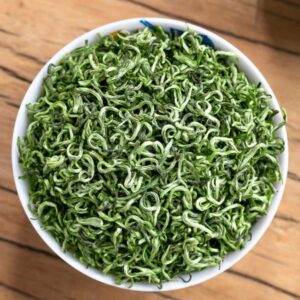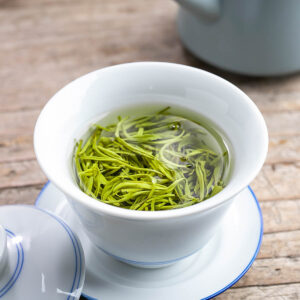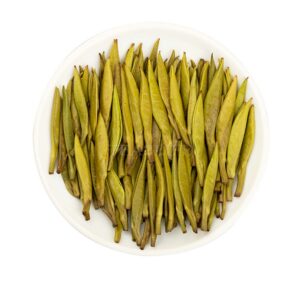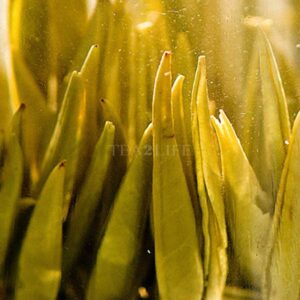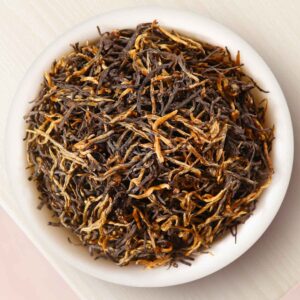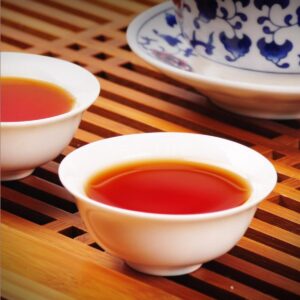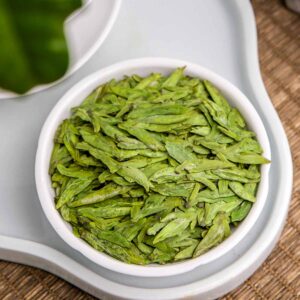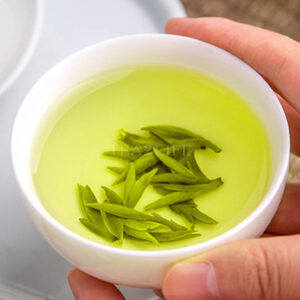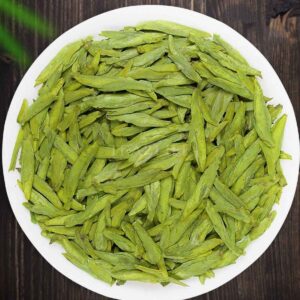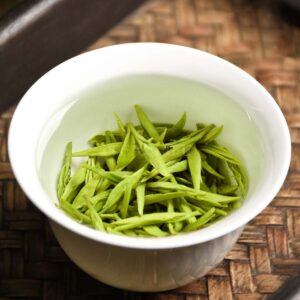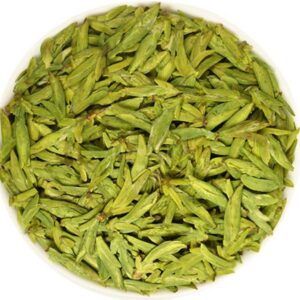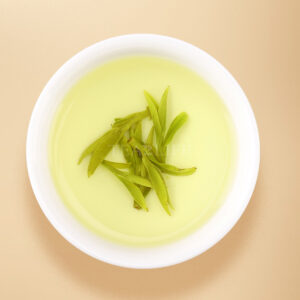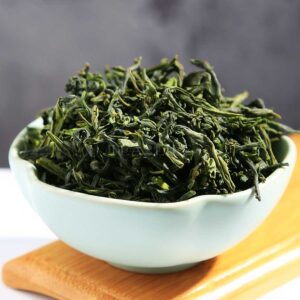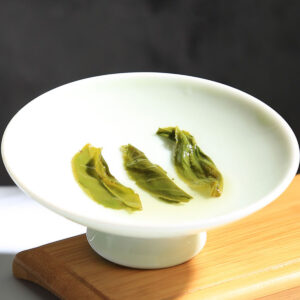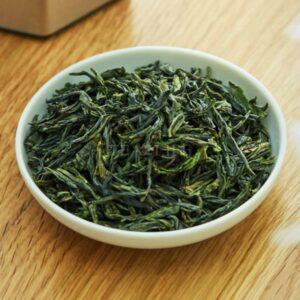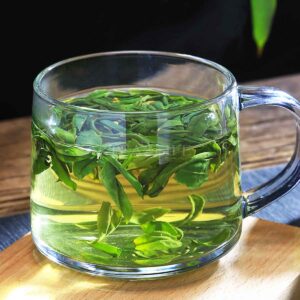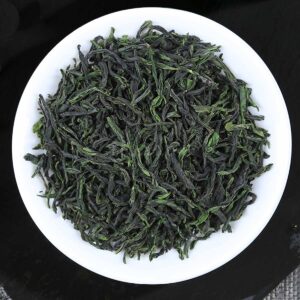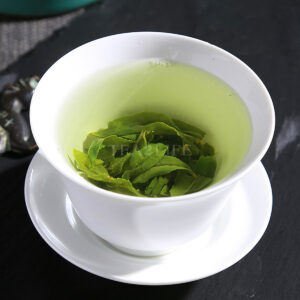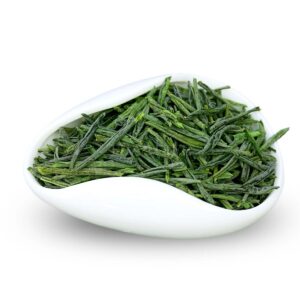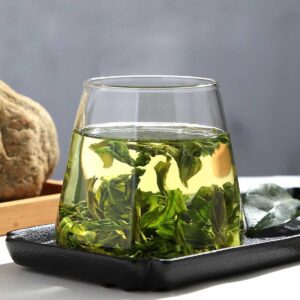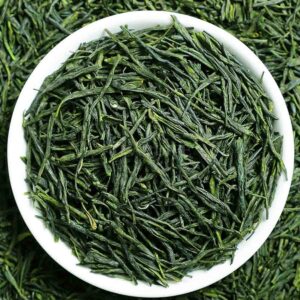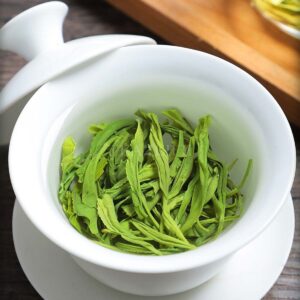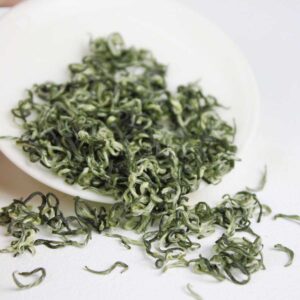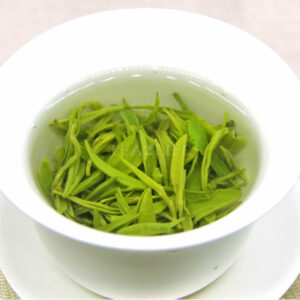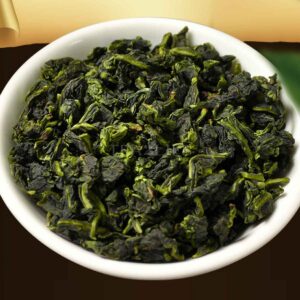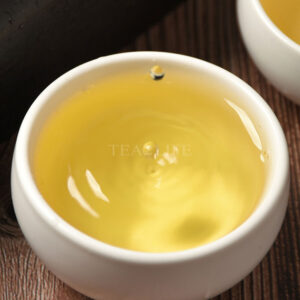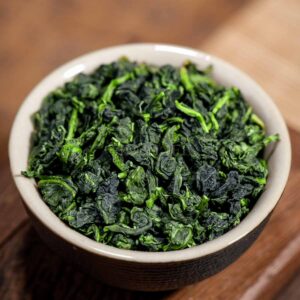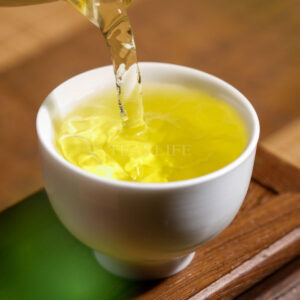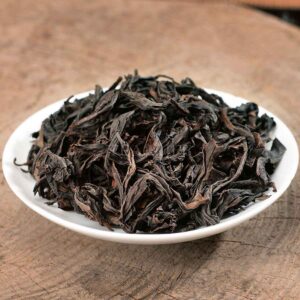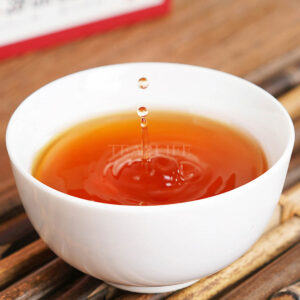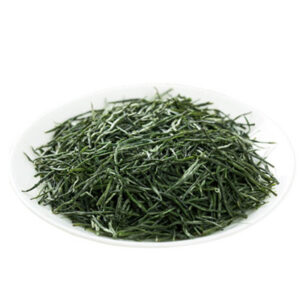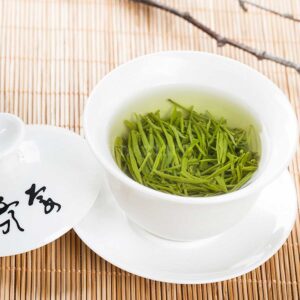Baihao Yinzhen Tea
Biluochun Tea
Junshan Yinzhen Tea
Keemun Tea
Longjing Tea Type A
Longjing Tea Type B
Longjing Tea Type C
Lu’an Melon Seed Tea Type A
Lu'an Guapian Tea 六安瓜片 is grown in Anhui, which literally translates to “Lu'an Melon Seed tea”. Tea has been produced since 1905 and has a history of over 100 years. It is one of the ten best famous teas in China. Lu'an Melon Seed Tea uses the second leaf on the branch. Each leaf's central vein is removed and the leaves are pan-fried.
Among all the teas in the world, Lu'an Guapian is the only tea without buds and stems, made from a single leaf. The stems have been removed during the production process to ensure that the tea has a strong but not bitter taste and fragrant but not astringent.
Lu’an Melon Seed Tea Type B
Lu’an Melon Seed Tea Type C
Lu'an Guapian Tea 六安瓜片 is grown in Anhui, which literally translates to “Lu'an Melon Seed tea”. Tea has been produced since 1905 and has a history of over 100 years. It is one of the ten best famous teas in China. Lu'an Melon Seed Tea uses the second leaf on the branch. Each leaf's central vein is removed and the leaves are pan-fried.
Among all the teas in the world, Lu'an Guapian is the only tea without buds and stems, made from a single leaf. The stems have been removed during the production process to ensure that the tea has a strong but not bitter taste and fragrant but not astringent.
Lu’an Melon Seed Tea Type D
Lu'an Guapian Tea 六安瓜片 is grown in Anhui, which literally translates to “Lu'an Melon Seed tea”. Tea has been produced since 1905 and has a history of over 100 years. It is one of the ten best famous teas in China. Lu'an Melon Seed Tea uses the second leaf on the branch. Each leaf's central vein is removed and the leaves are pan-fried.
Among all the teas in the world, Lu'an Guapian is the only tea without buds and stems, made from a single leaf. The stems have been removed during the production process to ensure that the tea has a strong but not bitter taste and fragrant but not astringent.
